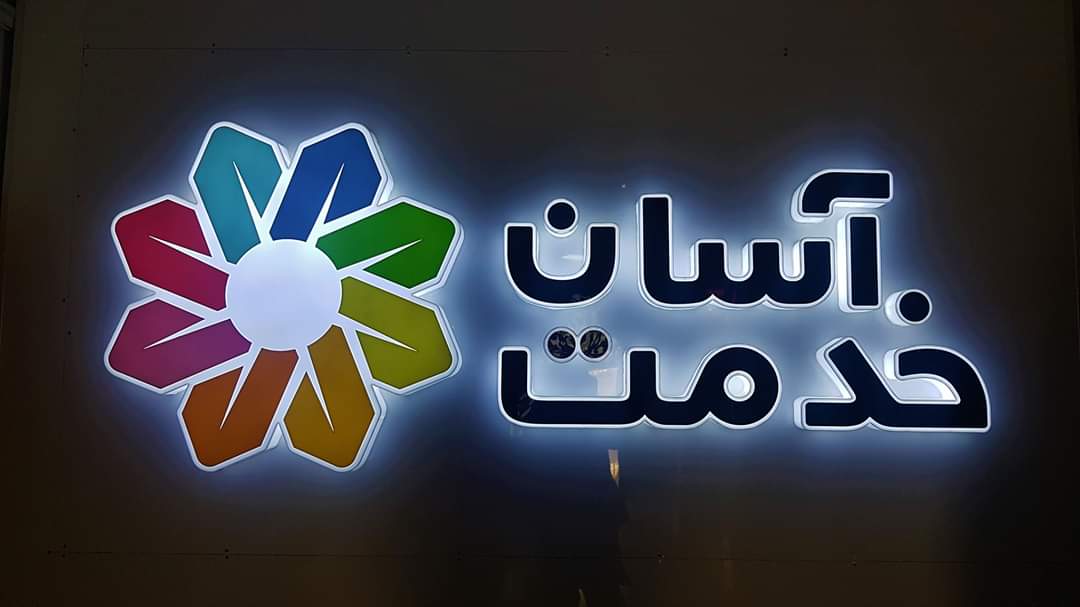
Feasibility Study for Business Services Centers in Afghanistan
International Government to Business (G2B) Expert under the Ez-Kar “Feasibility Study for Business Services Centers” project. The project is funded by the World Bank Group through the Afghanistan Reconstruction Trust Fund (ARTF) and managed by the Ministry of Economy of the Government of Islamic Republic of Afghanistan.
Main responsibilities:
• Conduct desk and literature review of the best G2B BSCs functioning as one-stop-shops in other countries (preferably in developing countries and fragile contexts). Identify timelines and number of steps used for common government to business services, and process mapping of the key services provided by these G2Bs and OSSs.
• Conduct a review of Afghanistan’s OSS (the Asan Khedmat), other G2B services, their functionality and performance against their stated objectives and mandate, and the feedback of a representative group of their actual users on their effectiveness in comparison with similar services outside of these centers considering findings of literature review.
• Prepare a detailed set of tools (questionnaire, Focus Group Discussion guidelines, key informant interview guidelines, assessment tools etc.) for conducting actual feasibility study for establishing similar BSCs in the cities of Jalalabad, Kandahar, Herat, Mazar and Kunduz. Pilot test the tools and finalize them based on the pilot tests and any feedback received from the Client.
• Undertake the assessments in the five cities to cover, at a minimum, the following:
– Current processes for common G2B services: process mapping showing steps, time, delays and gaps including gaps in legal framework to establish these services.
– Recommendations for physical establishment of BSCs within the city that can easily be accessed by the business community within the city and also from neighboring cities and provinces.
– Mapping to show which provinces can be covered by each BSC and the estimated number of current and potential business entities they could serve in defined time intervals (e.g. monthly, quarterly, annually).
– Prepare list of services the BSCs should/could cover, with justification, ideally (but not mandatorily) all G2B services.
– Number and types of personnel from each of the Government agencies involved that need to be allocated to each BSC, with defined roles.
– Identify capacity building requirements that would be needed for the proposed personnel of BSCs. This would also include types of trainings and budgetary needs.
– Identify technical support for automation and other input requirements that each BSC would need to be fully functional.
– Estimated budget for each and all of the BSCs proposed in the four cities for their day-to-day operations.
– A report on how the set up and ideal functioning of the proposed BSCs could impact the business community and the government. Special focus needs to be provided in estimating savings/ reductions in number of steps and number of days in processing key services from application to completion.
Preparation of detailed draft and final reports of the Feasibility Study.

